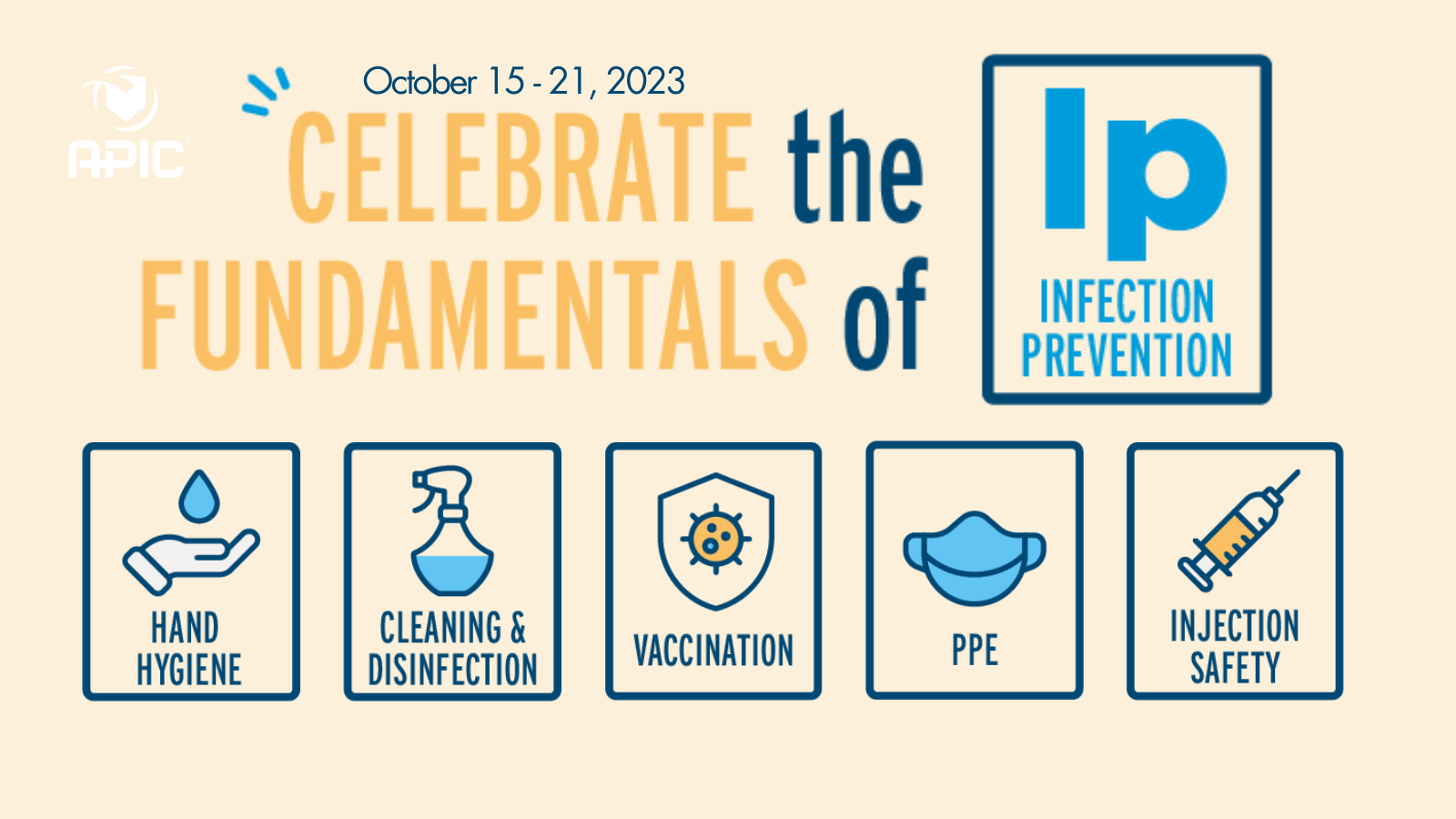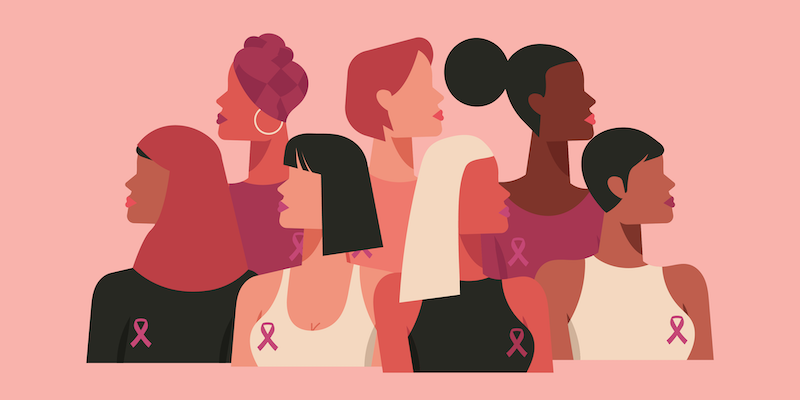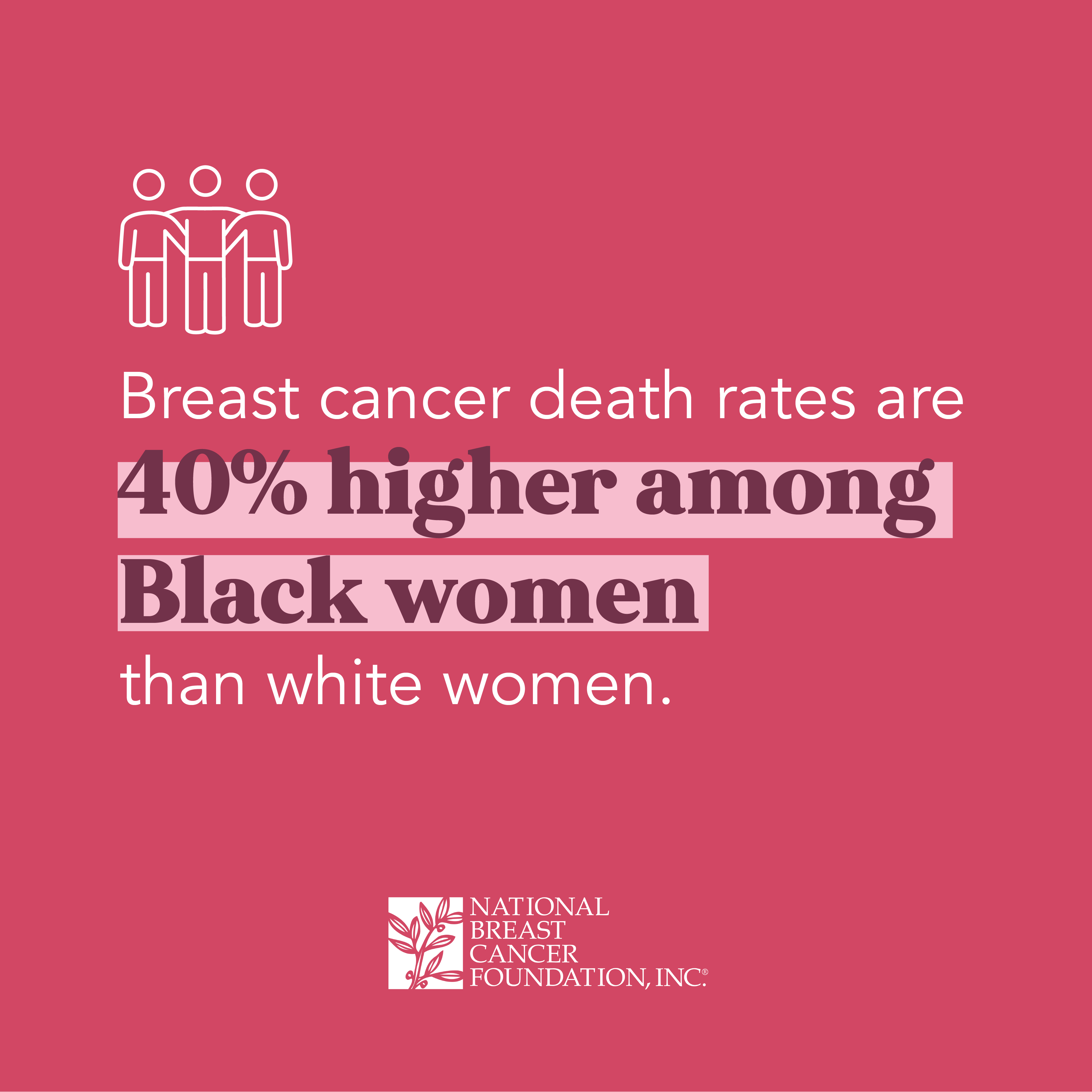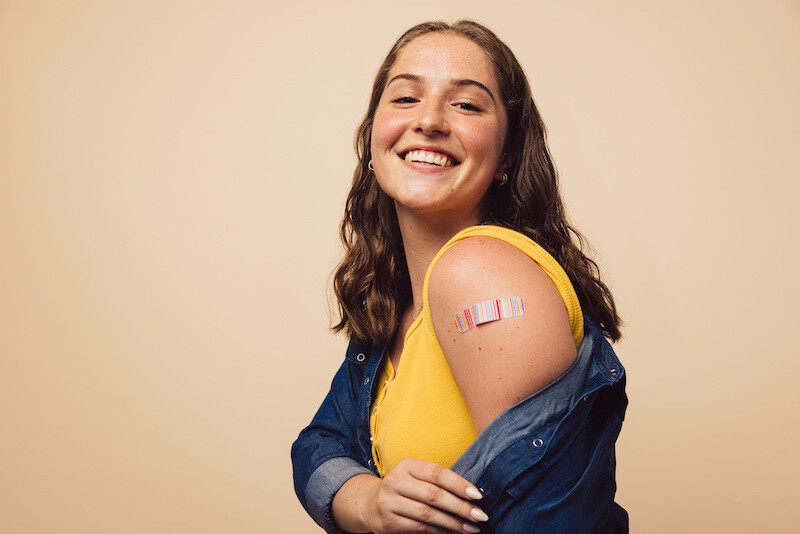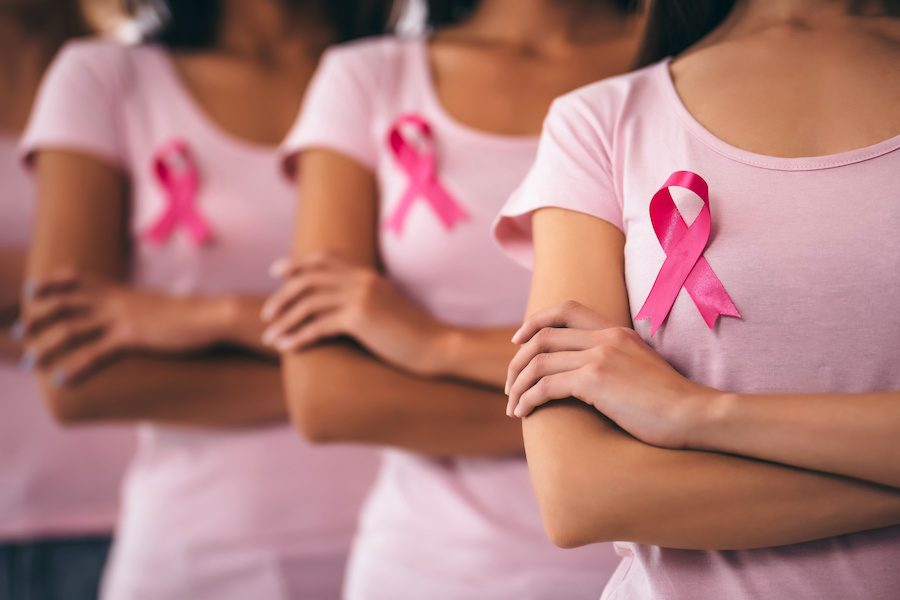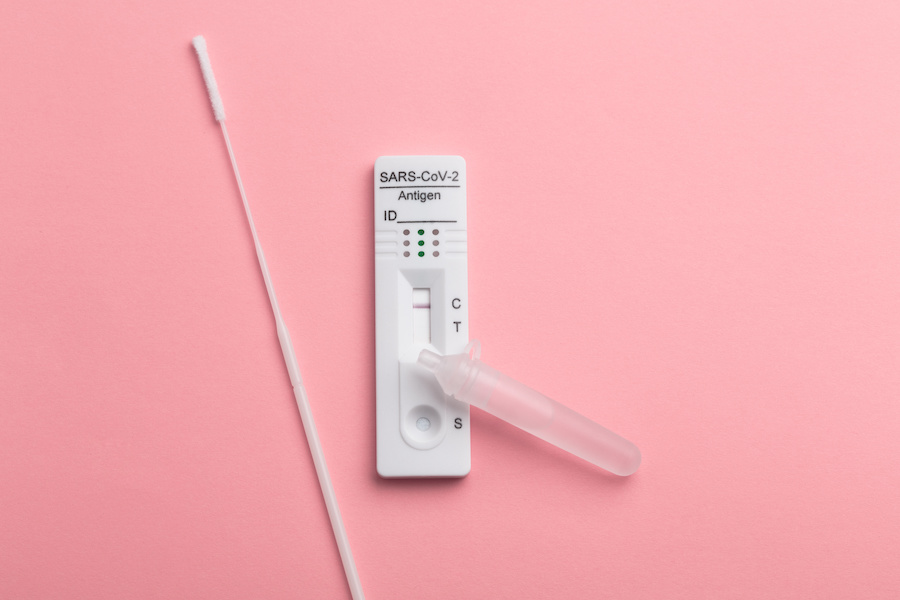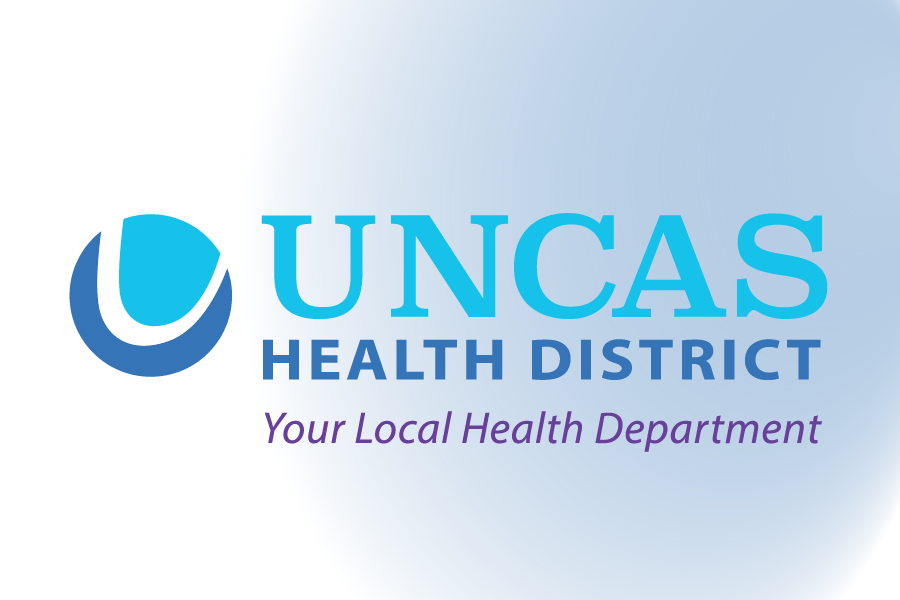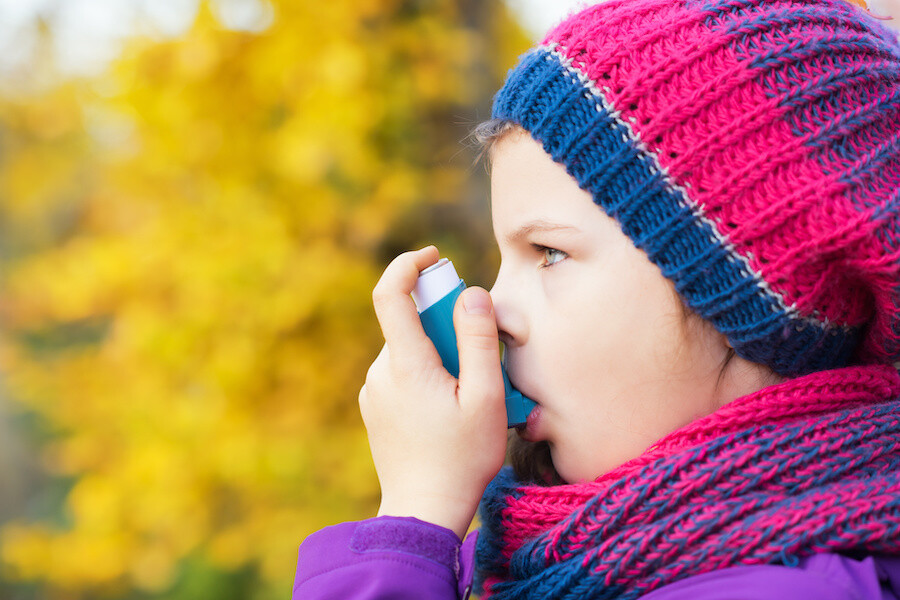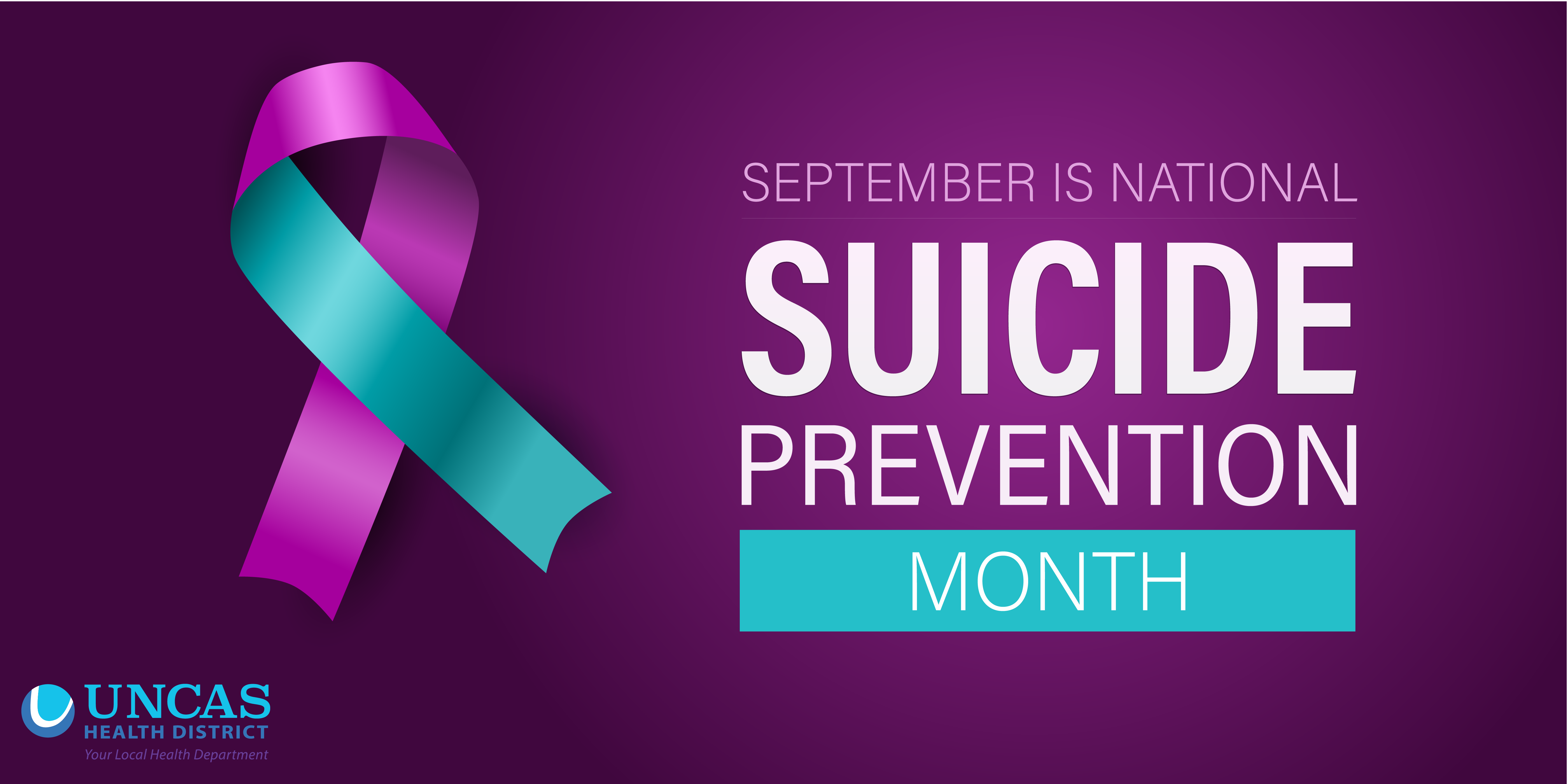Although COVID-19 vaccines have been widely available for nearly 3 years, millions of people still have not been vaccinated. Additionally, the virus is constantly evolving, and new variants that are more transmissible and/or resistant to vaccines can emerge.
That is why it is still crucial for those who have not yet been vaccinated to get their COVID-19 vaccines and for those who have been vaccinated to get their 2023-2024 updated COVID-19 vaccines.
Key reasons why to get your COVID-19 vaccine
- Vaccines are the best way to protect yourself from serious illness, hospitalization, and death from COVID-19. According to the Centers for Disease Control and Prevention (CDC), unvaccinated people are more likely to be hospitalized or die from COVID-19 than vaccinated people.
- Vaccines can also help to reduce the spread of COVID-19 to others. When more people are vaccinated, the virus has fewer opportunities to spread. This is especially important for protecting people at high risk of serious illness from COVID-19, such as older adults and people with underlying medical conditions.
- The updated COVID-19 vaccines are designed to protect against the Omicron variant, which is the most common variant circulating in the United States. The CDC recommends that everyone 6 months and older get an updated COVID-19 vaccine in the fall of 2023.
Even if you have already been vaccinated against COVID-19, it is important to get an updated vaccine. This is because your immunity to the virus can decrease over time, and the updated vaccines are designed to protect against the latest variants.
According to the CDC’s COVID-NET hospitalization surveillance system, the COVID-19 hospitalization rate for unvaccinated people aged 65 years and older in the United States was 10.9 times higher than the rate for people of the same age who received an updated COVID-19 bivalent booster dose in January 2023.
This data shows that getting a COVID-19 booster vaccine is highly effective at reducing the risk of hospitalization from COVID-19, especially for older adults.
It is important to note that the COVID-19 hospitalization rate for all people aged 65 years and older has decreased significantly since the start of the pandemic. This is due in large part to the high vaccination and booster rates among this age group. However, the risk of hospitalization from COVID-19 is still higher for unvaccinated older adults.
If you have not yet received a COVID-19 booster vaccine, it is recommended to do so as soon as possible. Vaccination is the best way to protect yourself from serious illness, hospitalization, and/or death from COVID-19.
Where to get COVID-19 vaccines
People can get an updated COVID-19 vaccine at a variety of locations, including:
- Pharmacies such as CVS, Walgreens, and Rite Aid
- Doctor’s offices
- Vaccination Clinics
To find a location near you, you can use the CDC’s Vaccine Finder tool: https://www.vaccines.gov/
You can also contact Uncas Health District to find out where you can get an updated COVID-19 vaccine.

